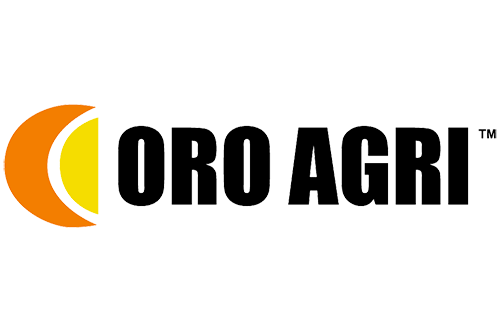That women are associated with agriculture has ancient precedent. To name a few mythological Greek goddesses: Gaia is the goddess of the earth; Demeter was the goddess of grains, fruit and agriculture; Persephone was the queen of the underworld, who’s travels represent the death of life in winter followed by spring’s rebirth.
According to the Food and Agriculture Organization, in 1985, “Women play a significant role in agriculture, the world over. About 70 percent of the agricultural workers, 80 percent of food producers and 10 percent of those who process basic foodstuffs are women. They also undertake 60-90 percent of the rural marketing, making up more than two-thirds of the workforce in agricultural production.”
Former Secretary of State Hillary Clinton noted in 2011 about women farmers the world over, “She lives in a rural village and farms a piece of land that she does not own. She rises before dawn and walks miles to collect water — if there is water to be found. She raises enough to feed her family — and maybe has some left over to sell.” Moreover, her work is not counted in many economies “as economically active employment.”
I long ago abandoned any preconceptions about male domination of agricultural. Likely because I have been hanging with the organic crowd, and women in organic ag. tend to be more numerous and younger than their conventional counterparts.
Somewhere along the line, the idea was hatched to do a special issue on women farmers and agricultural leaders.
I quickly found the Female Farmers Project, helmed by Audra Mulkern from Snoqualmie, Wash. Years ago, Mulkern was visiting her local farmers’ market and noticed that most all the producers where women. So she taught herself photography and embarked on a tour of the U.S. and beyond, documenting women farmers. Mulkern generously donated her work to this issue.
As I reported in our fall 2015 edition, the film Gaining Ground profiled the work of Doria Robinson from Urban Tilth, from her hometown in Richmond, Calif. Richmond was best known as the Bay Area’s blight, a food desert in gang territory near a Chevron refinery and San Quentin State Prison. Urban Tilth has helped turn the town around into a oasis of community and school gardens. I finally interviewed her for this edition, which celebrates women food leaders from across the U.S., the UK and as far away as Iceland.
Perhaps all of these women have a bit of Persephone in them — braving deep challenges and re-emerging stronger than ever, bringing in the bounty and redefining the meaning of community. Hats off to the women of sustainable agriculture. You keep greens growing.






















